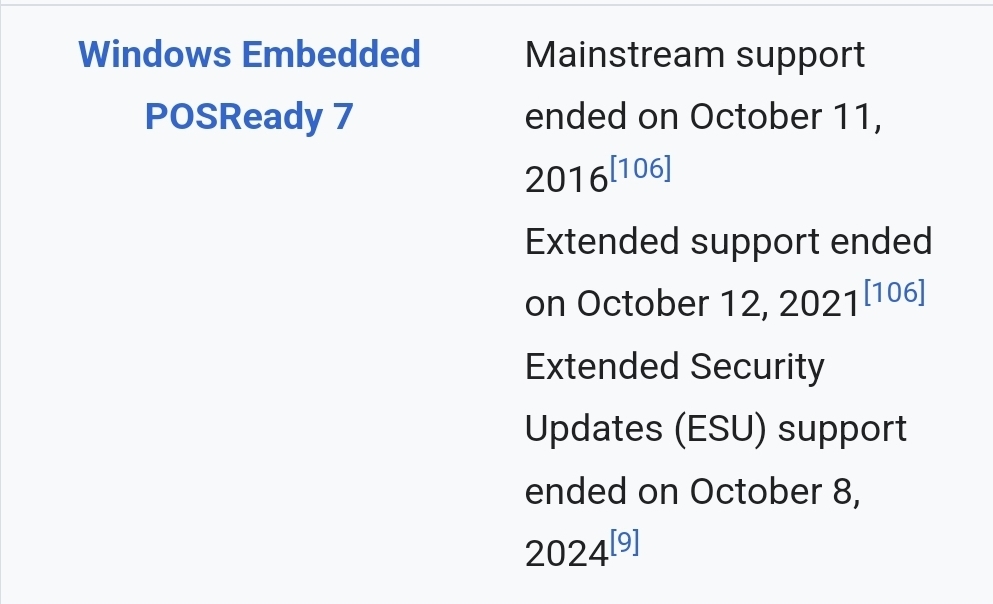this post was submitted on 08 Oct 2024
673 points (99.7% liked)
Technology
59174 readers
3462 users here now
This is a most excellent place for technology news and articles.
Our Rules
- Follow the lemmy.world rules.
- Only tech related content.
- Be excellent to each another!
- Mod approved content bots can post up to 10 articles per day.
- Threads asking for personal tech support may be deleted.
- Politics threads may be removed.
- No memes allowed as posts, OK to post as comments.
- Only approved bots from the list below, to ask if your bot can be added please contact us.
- Check for duplicates before posting, duplicates may be removed
Approved Bots
founded 1 year ago
MODERATORS
you are viewing a single comment's thread
view the rest of the comments
view the rest of the comments

It hasn't been steadily downhill. There was a plunge downwards with Windows 8, then 8.1 recovered a little and 10 more, before Windows 11 undid the gains.
Windows 7 recovered from the disaster of Vista. Windows XP recovered from Me. It has been a bumpy ride for a long time.
Except ME was part of the DOS line, while XP extended Win2k which is NT.
But I take your point, just that Win2k was (largely) the end of MS producing DOS-based operating systems (with XP being the final nail in that coffin).
In business, once Win2k was out, we stopped deploying Win9x entirely. Before that, NT was problematic on some hardware and for some software/users. Win2k solved most of that.
Win2k and WinXP were not built on DOS. They were not DOS-based. They were NT-based. ME was the final nail in that coffin.